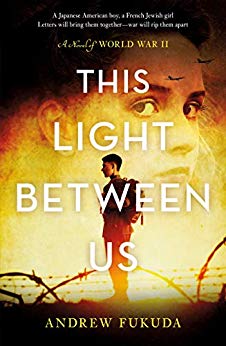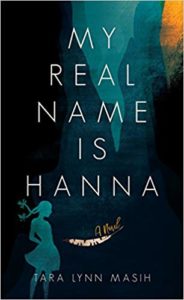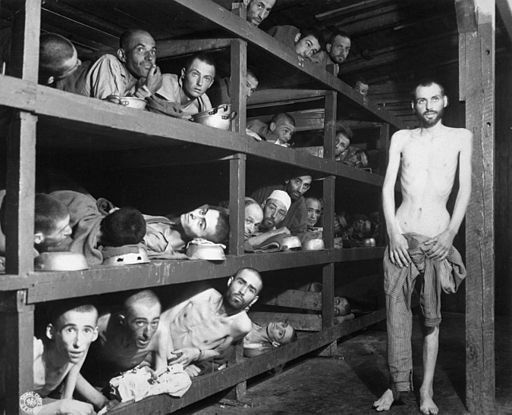I recently had the opportunity to read an Advanced Review Copy of This Light Between Us (thank you Netgalley and Tor Teen!). It’s an important story, historically, which mainly focuses on a Japanese teenager, Alex, whose pen pal is a French Jew. I enjoyed it a lot.
Alex and Charley become pen pals when they’re young. They keep writing to each other as they get older and World War II approaches. Not everything is rosy. Alex and his family are put into Japanese internment camps, while Charley’s letters become more sporadic and her situation becomes more dire as well.
These characters drew me in. Charley is a girl full of life and excitement; Alex is a quiet boy who likes drawing cartoons. I wanted to find out what happens to them. Do they ever get to meet? This book draws you in and makes you want to read more.
I liked the settings in this book as well. Alex grows up in Bainbridge Island, which I’ve been to more than once (although not in the 1940s). The book takes you to Japanese concentration camps and through war-torn Europe (which I’ve also been to, yet not during a war). I didn’t have trouble picturing any of these places. The book does include some French and German in the book, and a very small amount of Japanese. Since I speak German, passable French, and a tiny bit of Japanese, I didn’t have trouble understanding it. I imagine that most people would be able to deduce some of the meaning from the context.
The following paragraph contains a minor spoiler. Not everybody in this book lives happily ever after. If you’re looking for a story that leaves you with joy and happy tears, this isn’t the one. However, it does have a realistic ending.
If you’re looking for a book that takes you into the head of someone in World War II, I highly recommend This Light Between Us. Not enough time has been spent in most history classes talking about the Japanese internment camps in World War II, which is a shame. This book does exaggerate a few historical details, but it does include many that were true (I sometimes look these things up and I love history).
Another book similar to This Light Between Us, where a large part of the story takes place during World War II in an internment camp, is The Last Year of the War (I linked to the review). Although this book is classified YA, this is a book that would also hold interest for adults that don’t often read YA as well (the main character is around 19-20 at the end of the story).


